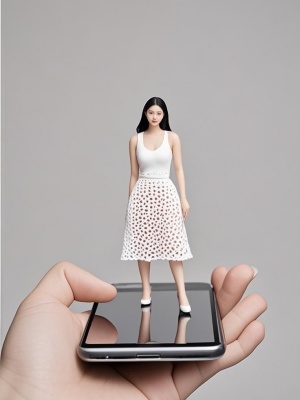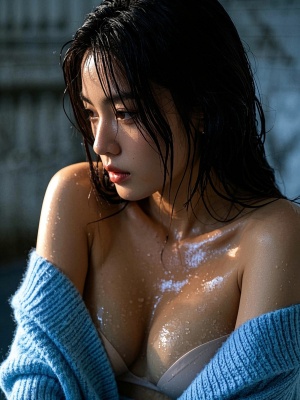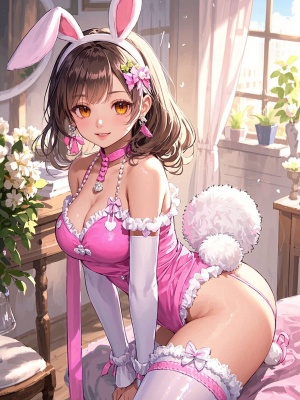How to Convert Photo to Pop Art: A Complete Guide
Pop art is a vibrant and eye-catching style that transforms ordinary photos into artistic masterpieces. Whether you want to create a unique profile picture, decorate your home, or simply explore your creativity, converting a photo to pop art is an exciting process. In this guide, we'll explore the best methods, tools, and tips to achieve stunning pop art effects.
What Is Pop Art?
Pop art emerged in the 1950s and 1960s as a reaction to traditional fine art, incorporating bold colors, sharp contrasts, and popular culture references. Converting a photo to pop art involves enhancing its visual appeal by simplifying details, increasing saturation, and applying stylized effects.
Key Characteristics of Pop Art
- Bold, vibrant colors – Often using primary colors and high contrast
- Simplified shapes – Reducing complex details into flat, graphic forms
- Halftone patterns – Dotted textures that mimic comic book printing
- Strong outlines – Black or dark borders to emphasize subjects

For inspiration, check out our gallery featuring stunning pop art transformations.
How to Convert Photo to Pop Art
There are several ways to turn a photo into pop art, ranging from manual editing to AI-powered tools. Below, we’ll explore the most effective methods.
1. Using AI-Powered Tools

AI tools like Image to Image can automatically convert your photos into pop art with minimal effort. These platforms use deep learning algorithms to analyze your image and apply artistic filters.
Steps to use AI for pop art conversion:
- Upload your photo to an AI tool (e.g., MediaAI)
- Select the "Pop Art" or "Artistic Filter" option
- Adjust settings like color intensity and contrast
- Download your transformed image
2. Manual Editing in Photoshop
For more control, Adobe Photoshop offers advanced tools to manually create pop art effects.
Key techniques include:
- Posterization – Reducing color gradients to flat blocks
- Threshold adjustment – Creating high-contrast black-and-white effects
- Halftone patterns – Adding comic-style dots via the "Color Halftone" filter
If you're new to Photoshop, our AI Painting Guide offers helpful tips.
Best Practices for Pop Art Conversion
To achieve the best results when converting a photo to pop art, follow these expert tips:
1. Choose the Right Photo
High-contrast images with clear subjects work best. Portraits, pets, and urban scenes are ideal candidates.

2. Experiment with Colors
Pop art thrives on bold hues—don’t be afraid to exaggerate colors beyond realism.
3. Test Different Styles
Try multiple effects (e.g., Warhol-style, Lichtenstein-inspired dots) to find your preferred look.
Conclusion
Converting a photo to pop art is a fantastic way to breathe new life into your images. Whether you use AI tools for quick results or manual editing for precision, the possibilities are endless. For more creative inspiration, explore our AI Art Guide and start transforming your photos today!